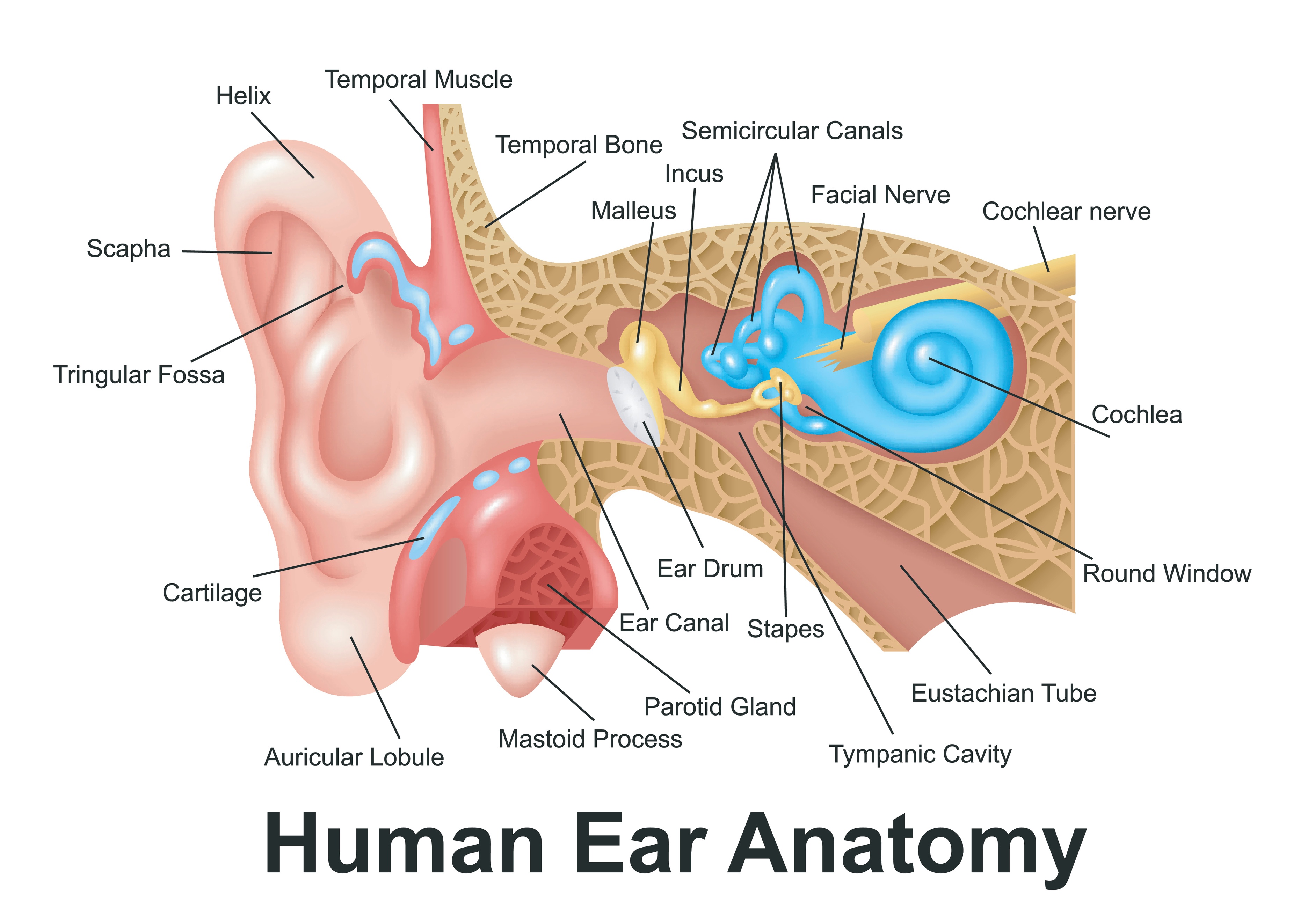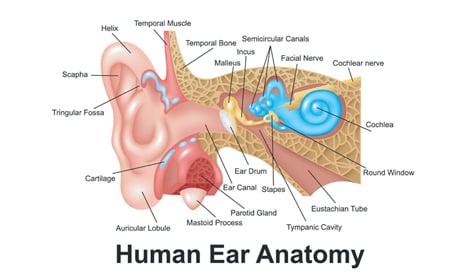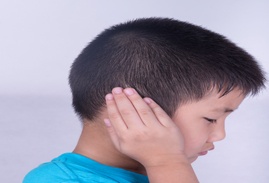Very often, spouses and life-partners will suggest that their loved one has “selective” hearing – a self-made term indicating that they can hear perfectly fine most of the time, but tend not to hear their partner speaking. Is it simply a matter of “tuning out” – or could it be something else?
"Selective Hearing" - or Hearing Loss?
Tags: Hearing Aid, Hearing Aids, Communication, Hearing, Hearing Loss Prevention, Support, Hard of Hearing, Hearing Loss
Barotrauma: Ear Pain During Airplane Flights
Barotrauma is the term used to describe the discomfort or injury caused by increased air pressure during airplane flights (or increased water pressure when scuba diving).
Tags: Audiology, Hearing, Hearing Loss Prevention, "ears", Ear Pain, Ear Anatomy
8 Ways to Encourage a Loved One to Have A Hearing Test
Hearing loss generally happens gradually over a long period of time. Often, the subtle, and not so subtle, signs of hearing difficulty are more apparent to significant partners than it is to the person with the hearing loss.
Tags: Hearing Aid, Hearing Aids, Hearing, Support, Caregiving, Hearing Loss, "ears"
Tips for Safely Cleaning Your Child's Ears
Good ear hygiene is often associated with the presence of earwax, commonly known as cerumen. Wax may not be visually pleasing, but it is beneficial to your health. This substance is naturally produced in the ear canal and acts as a protective lubricate against external objects such as dust, dirt, and insects.
Tags: Hearing, Teens, Caregiving, Hearing Loss, toddler, "ears"
Diabetes and Hearing Loss
The number of people in the United States diagnosed with diabetes has risen to more than 50 percent in the last decade. If you’re one of the 30 million Americans with diabetes, take note!
Research indicates that people with diabetes are more than twice as likely to develop hearing loss compared to those without the disease. The rate of hearing loss is 30 percent higher for the 84 million adults in the U.S. who are prediabetic compared to those with normal blood glucose levels.
Tags: Audiology, Hearing, Hearing Loss, "ears"
6 Ways to Use Your Eyes to Help You to Hear
Everyone uses their vision to support their hearing. For example, if we see lightning, we know there will be thunder, or if we see something fall, we know it will make a sound. Even without sound, we can watch a football game and often “see” what an unhappy coach is saying to a player who fumbled the ball.
Tags: Communication, Hearing, Hearing Loss, "ears"
Foods That Help Promote Healthy Hearing
Minerals are in the foods we eat and play a vital role in our overall health and proper body function. Many of us may be aware that calcium builds strong bones and teeth, and that zinc helps with boosting the immune system (think Cold-EEZE cold remedy). There are even some minerals that are critical elements for protecting your hearing health.
Tags: Audiology, Hearing, Hearing Loss Prevention, Hearing Loss, "tinnitus", "ears"
How to Prevent Swimmer's Ear
Summer is a time for kids and their families to enjoy a variety of water activities, which can increase the possibility of contracting Swimmer's ear.
May is Better Hearing & Speech Month
Did you know…
- An estimated 40 million Americans experience speech, language, and/or hearing disorders.
- The second most common reason for special education services in public schools is speech/language impairment.
- 36 million American adults report so
Tags: Speech, Hearing Aid, Audiology, Language, Hearing Aids, Communication, Hearing, reading, literacy, Hearing Loss Prevention, Teens, Support, Caregiving, Hearing Loss, Stuttering, Learning, Voice, toddler, talking, Autism
Earbuds, Music and Your Teen
Today, with the popularity of earbuds and other personal listening devices, it’s hard to know if your child or teenager is listening to music at a safe level. Back in the day, when stereo speakers were common, it was easier for parents to know how loud their children were playing music.
Tags: Audiology, Hearing, Teens, Support, Hearing Loss, "tinnitus"



















